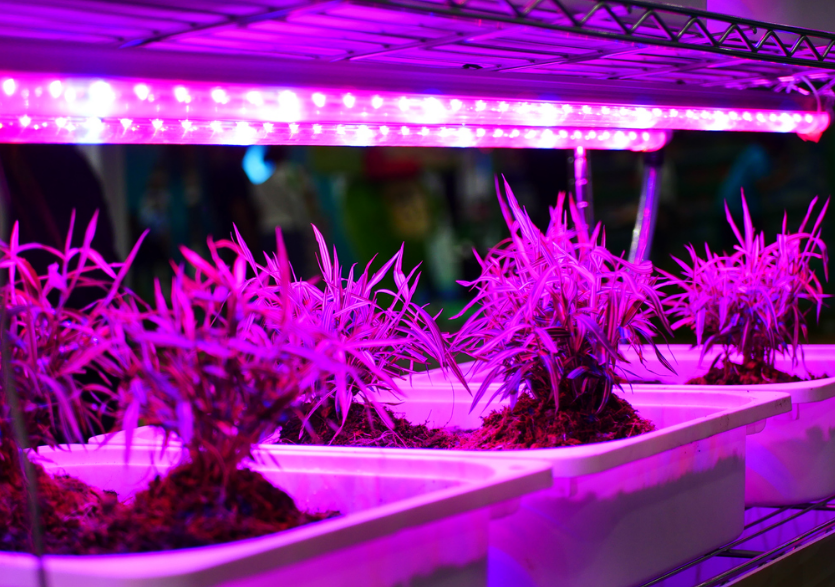Artificial intelligence is shaking up the cannabis world, turning tough rules and market hurdles into smart opportunities for growth. Long held back by tight laws and ad limits, businesses now use AI to boost everything from growing plants to selling products. But how deep does this change go, and what surprises lie ahead?
Farmers in the cannabis industry face big challenges like perfecting light, humidity, and nutrients to get the best yields. AI steps in with tools that watch crops in real time and make quick fixes. For example, systems with sensors and robots can tweak conditions on the fly, cutting waste and raising output.
Recent data from industry reports shows AI can lift yields by up to 31% through automated nutrient plans. This comes from studies by tech firms focused on agribusiness, done in 2023, highlighting how predictive tools spot issues early. Growers save money and time, making operations smoother.
One short fact: AI even forecasts market demand, helping farmers plant just the right amount.
In places like California and Canada, large-scale growers use AI platforms to scan plant health via images. These tools catch problems like nutrient lacks with 94% accuracy, based on 2024 trials by cannabis tech groups. This shift means less guesswork and more reliable harvests.
Smart Marketing Tricks the Rules
Cannabis ads often hit walls on sites like Facebook and Instagram, where rules ban direct promotion or risk account flags. AI helps by creating safe content that skirts these limits while drawing in customers. Marketing teams use it to brainstorm ideas and fine-tune campaigns for adults only.
Agencies report AI cuts content creation time by half, letting them focus on creative strategies. A 2025 survey by a Massachusetts-based group found 70% of cannabis marketers now rely on AI for compliant posts, avoiding pitfalls like kid-targeted themes.
Here’s how AI aids marketing:
- Generates ad copy that follows platform rules.
- Analyzes customer data for targeted outreach.
- Predicts trends to keep brands ahead.
This tech doesn’t just dodge bans; it builds stronger ties with buyers through personalized tips.
Dispensaries use AI chatbots to suggest products based on past buys, boosting sales without breaking ad laws. It’s a quiet revolution that’s making the industry more nimble.

AI Strengthens Security and Rules
Theft and strict tracking rules plague cannabis shops, where products are valuable and laws demand tight oversight. AI video tools watch for odd behavior in real time, alerting staff to risks like unauthorized entry. This has slashed losses in states like New York, where 2025 pilots showed a 40% drop in incidents.
AI integrates with sales systems to spot employee theft by matching video to transaction data. Research from security firms in 2024 backs this, noting faster response times in busy stores.
Compliance gets easier too. AI scans paperwork and tracks inventory to meet state demands, reducing errors that could lead to fines.
For a quick view, consider this table of AI security benefits:
| Area | AI Impact | Example Gain |
|---|---|---|
| Theft Detection | Real-time alerts | 40% fewer incidents |
| Compliance Checks | Automated audits | 50% faster reporting |
| Customer Safety | Behavior monitoring | Safer store environments |
These tools turn vulnerable spots into strong points, giving owners peace of mind.
In critical areas like transport and storage, AI predicts risks and optimizes routes, based on logistics data from 2023 industry analyses. It’s not just about safety; it’s about building trust in a field still fighting stigma.
Future Waves: AI’s Next Moves in Weed
Looking ahead, AI could reshape product creation by speeding up molecule discovery for new strains or meds. Experts predict it will cut development time from years to months, drawing from 2021 studies by wellness firms that tested AI in drug design.
Former grow sites are even flipping to AI data centers, as seen in a 2025 Saskatchewan case where an old cannabis facility eyes a tech makeover. This shows the industry’s pivot to high-tech futures.
Challenges remain, like data privacy and job shifts, but the upside is huge. AI might personalize medicine, matching strains to user needs via apps.
One emerging trend: Blockchain paired with AI for secure tracking from seed to sale, ensuring purity and legality.
As AI digs deeper, it promises to make cannabis more efficient, safe, and accessible, potentially growing the market to $100 billion by 2030, per 2024 forecasts from market analysts.
This transformation isn’t just tech hype; it’s real change helping businesses thrive amid old constraints.
